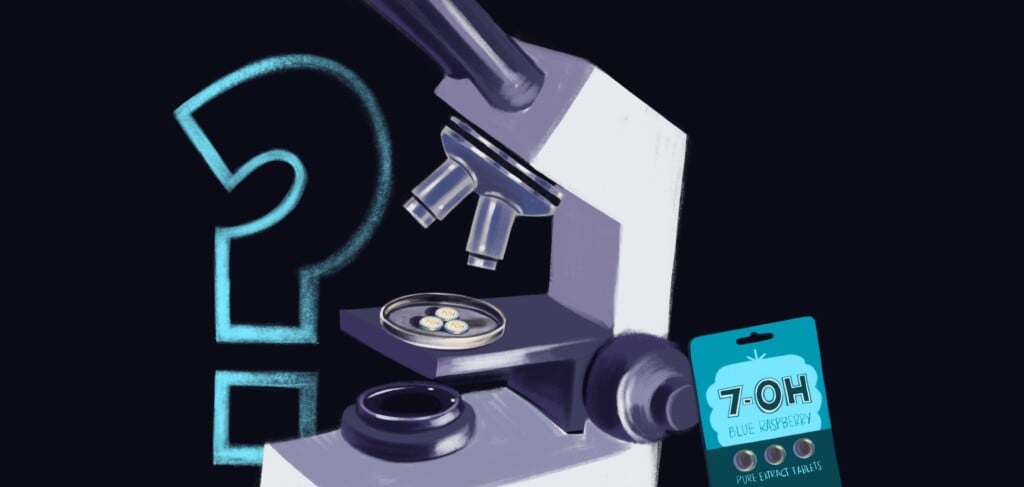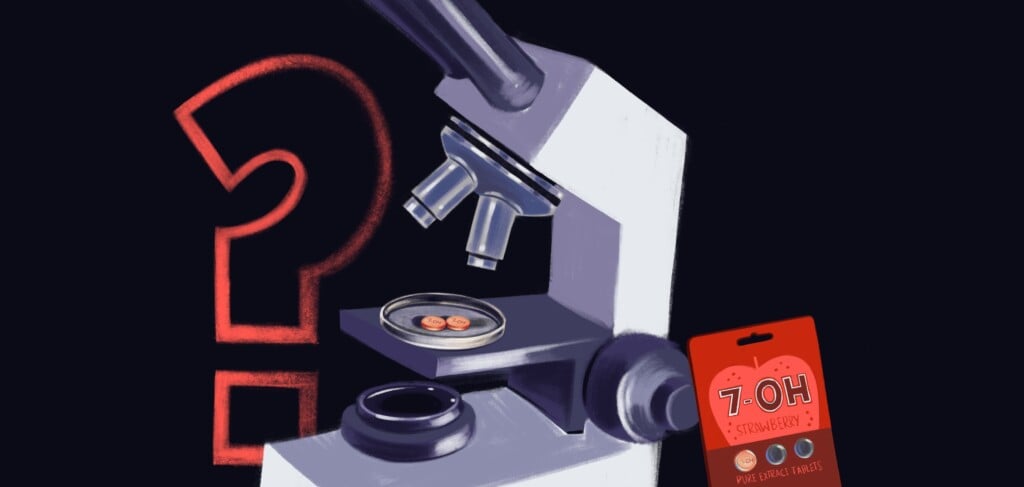Hopping Mad
Veterans shouldn’t have to fight with their local Chamber of Commerce over beer, but that’s what’s going on in Blue Springs.
In mid-September, the town celebrated its annual Blue Springs Fall Fun Festival, which has been a rite of the season for 38 years. From Friday, September 14, through that Sunday, around 100,000 people headed to the town’s quaint downtown to browse booths stocked with baked goods, homemade crafts, and wares from local churches. The event wasn’t completely Mayberry, though: Realtors, insurance companies and banks had booths, too. Entertainment included a pool tournament; carnival rides; and a performance by Johnny Lee, who had one hit in 1980 with “Lookin’ for Love” from the Urban Cowboy soundtrack.
And then there was the beer garden.
It’s one of the festival’s biggest draws — and these days, it’s the source of the most bad feelings.
For nearly 20 years, the festival’s beer garden had been run by the American Legion Stanley-Pack Post 499 and Elks Lodge No. 2509, two veterans’ organizations highly involved in raising money for local charities. When the Blue Springs Chamber of Commerce took over responsibility of the Fall Fun Festival from the city of Blue Springs in 2001, it continued the tradition of delegating beer-garden duties to veterans’ groups. For their part, members of the American Legion and the Elks Lodge agreed to let the chamber keep the beer-garden entrance fee of $5 a person, which helped defray the costs of security and maintenance. The Elks and the Legionnaires, who paid vendor fees, worked the taps and kept the profits from beer sales.
Bob Tharp, the Elks festival chairman and a member of the American Legion, says the two groups made a total of about $20,000 during the 2006 festival, half of which the Elks donated to needy families during the holidays.
But the buzz wore off.
On October 19, 2006, just after the ’06 festival ended and planning for this year’s festivities began, the chamber sent a letter to both veterans’ groups informing them that, once again, the beer-garden vendor fees were going up.
The groups had always paid a fee to run the beer garden; when the chamber took over in 2001, the fee was $1,000. That fee rose to $2,500 in 2006.
The requested fee for 2007, however, was hard to swallow: It went from $2,500 to $15,000.
The chamber also required a three-year commitment from both groups if they wanted to stay in the beer game. That added up to $45,000 total, from each group, to sell beer over the next three years. The chamber gave the groups two months to make a decision.
“We tried to negotiate,” says Tharp, a Vietnam vet now working in the residential construction business. “We met with them and explained that we made $20,000 [total] last year, so we’re not going to spend 200 man-hours for nothing.”
The chamber’s festival coordinator has a different take.
“I was present at all meetings,” Dena McLean says. “I don’t recall any negotiation. It was not, ‘Here’s our first letter, now come back and give us a counter-offer.’ That was not how it was presented to them.”
McLean says the board understood that the groups would be unhappy with the substantial increase but says the chamber decided “to do what was right for our organization” — maximize profits for the Blue Springs business community.
The festival has become the chamber’s largest fundraiser, McLean says. How much the beer garden contributes to that intake, she can’t say. “I have no idea,” she says. “We don’t break down our expenses by various areas of the festival.”
McLean says the chamber wasn’t losing money before the fee increase. But, she says, “If you really put in all of those [volunteer] hours and bill them to the festival, absolutely we’ve been losing money.”
While the veterans’ groups continued to believe that negotiations would work out and the chamber’s decision deadline of December 18 was a fluke, the chamber stood firm. After December 18, 2006, chamber President Debbie Whisler sent a second letter to the groups. Whisler thanked them for their “willingness to discuss the increased fee and your continued participation in the Fall Fest at this level.” Their reign as beer-garden kings was, however, over.
Tharp says he doubts that the chamber will be as benevolent with the beer money as the veterans were.
“Their ulterior motives were to make money,” Tharp says. The Elks and the American Legion, he says, “have been in the beer-garden business for a long time, about 20 years in Blue Springs, and they’ve only been there for six or seven. The board has effectively tried to take money from two organizations that use this money to better the community.”
Legion Chairman Fred Rodgers echoes Tharp’s comments. “The money we make, we put back into the community: Boys State and Girls State scholarships, we give to veterans, things like socks for the VA hospital. We try to help everybody…. What the hell do they give back?”
Further peeving Tharp and his brothers-in-arms was an article in the Examiner the day before the festival’s opening. Tharp says the September 13 article, headlined “A bit of brew-ha over beer garden,” seemed to insinuate that the veterans’ groups wouldn’t use the profits as effectively as the chamber.
“Until I can see the [chamber’s] books, I don’t believe that,” he says.
Dale Brendel, the Examiner‘s executive editor, says the article was balanced in that the reporter sought comments from both sides of the issue. “I don’t think there’s any bias in it at all,” he says. “I don’t understand where that is coming from.”
Fueling conspiracy theories might be the fact that Brendel is on the chamber’s board of directors.
Tharp laments the change in what used to be a community event that he now describes as an overcommercialized business fair. “Booth people are complaining, too. Many smaller vendors can no longer afford costs. People are now getting accosted by window salesmen,” he says.
This year, the veterans’ groups held their own parking-lot beer bash the same weekend of the festival, within walking distance of the chamber’s beer garden. In the shadow of the Legion’s prominent red-brick building, nestled between a NAPA Auto Parts and Ginger’s Hair Shanty on bustling Missouri Route 7, the vets called their seceded operation the Patriot Freedom Festival.
Though they didn’t make as much money as in years past, they were able to make enough to continue donating to the likes of Tina Porter ($1,000), mother of slain children Sam and Lindsey.
In the name of defiance, they plan to do the same thing during next year’s Fall Fun Festival.




